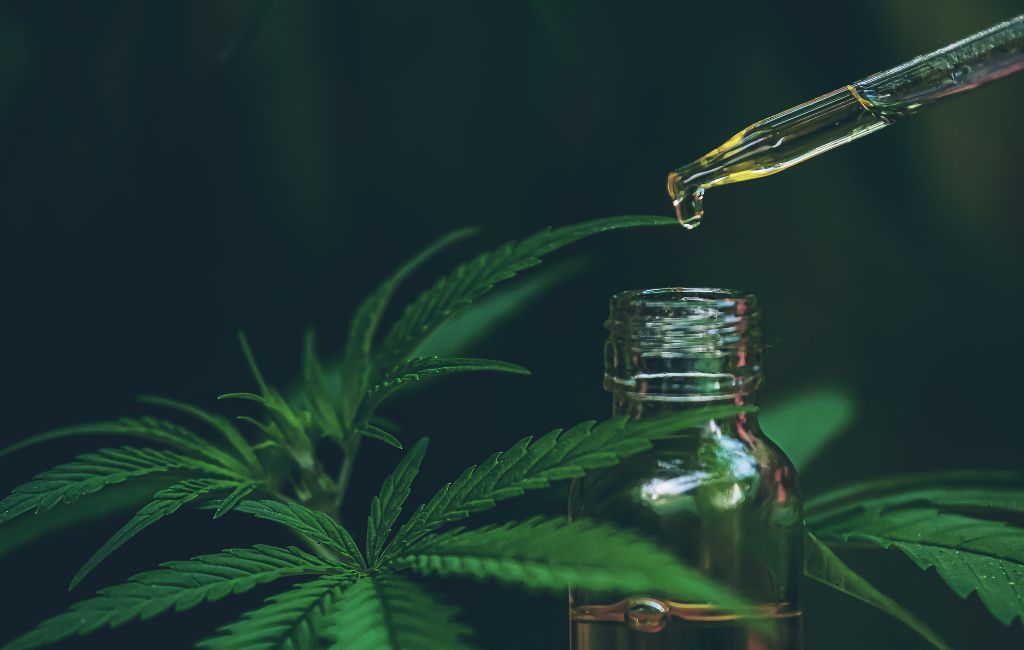THCa Flower: Unique Benefits

THCa Flower: Exploring Its Unique Benefits for Holistic Health
In recent years, the interest in cannabis and its various compounds has surged, leading to a deeper understanding of its potential health benefits. One such compound that has garnered attention is THCa, or tetrahydrocannabinolic acid. Unlike its more famous counterpart THC, THCa is non-psychoactive, meaning it does not produce the “high” associated with cannabis use. This article delves into the unique benefits of THCa flower for holistic health, supported by research, examples, and case studies.
Understanding THCa
THCa is a cannabinoid found in raw and live cannabis plants. It is the acidic precursor to THC, which means it converts to THC when exposed to heat through a process called decarboxylation. This conversion is why raw cannabis does not produce psychoactive effects. THCa is typically found in higher concentrations in fresh cannabis flowers and leaves.
Non-Psychoactive Nature
One of the most significant advantages of THCa is its non-psychoactive nature. This makes it an attractive option for individuals seeking the therapeutic benefits of cannabis without the mind-altering effects. This characteristic opens the door for a broader range of applications, particularly in holistic health practices.
Health Benefits of THCa Flower
Research into THCa is still in its early stages, but preliminary findings suggest several potential health benefits:
- Anti-Inflammatory Properties: Studies have shown that THCa possesses anti-inflammatory properties, which can be beneficial for conditions such as arthritis and other inflammatory diseases.
- Neuroprotective Effects: THCa has been found to have neuroprotective qualities, potentially aiding in the prevention of neurodegenerative diseases like Alzheimer’s and Parkinson’s.
- Anti-Emetic Benefits: THCa may help reduce nausea and vomiting, making it a potential treatment for patients undergoing chemotherapy or those with chronic conditions that cause nausea.
- Antioxidant Properties: The antioxidant properties of THCa can help protect cells from damage caused by free radicals, contributing to overall health and wellness.
Case Studies and Examples
Several case studies highlight the potential benefits of THCa flower:
- Arthritis Relief: A patient with severe arthritis reported significant pain relief and improved mobility after incorporating THCa-rich cannabis juice into their daily routine.
- Neurodegenerative Disease Management: An individual with early-stage Parkinson’s disease experienced a reduction in tremors and improved motor function after using THCa tinctures.
- Chemotherapy Support: A cancer patient undergoing chemotherapy found that THCa helped manage nausea and improved their appetite, contributing to better overall well-being during treatment.
Methods of Consumption
There are various ways to consume THCa flower, each offering different benefits:
- Raw Consumption: Consuming raw cannabis leaves and flowers in smoothies or salads preserves the THCa content, providing the benefits without psychoactive effects.
- Juicing: Juicing fresh cannabis leaves and flowers is a popular method to intake THCa. This method is often used by those seeking anti-inflammatory and antioxidant benefits.
- Tinctures and Oils: THCa tinctures and oils can be taken sublingually (under the tongue) for quick absorption and targeted effects.
- Topicals: THCa-infused creams and balms can be applied directly to the skin for localized relief of pain and inflammation.
Scientific Research and Statistics
While research on THCa is still emerging, several studies provide promising insights:
- A study published in the Journal of Neuroimmune Pharmacology found that THCa exhibited significant anti-inflammatory effects in animal models.
- Research in the British Journal of Pharmacology highlighted the neuroprotective properties of THCa, suggesting its potential in treating neurodegenerative diseases.
- A survey conducted by the American Cancer Society reported that 70% of cancer patients using THCa experienced a reduction in chemotherapy-induced nausea and vomiting.
Legal Considerations
The legal status of THCa varies by region. In some areas, THCa is classified similarly to THC, while in others, it is considered legal due to its non-psychoactive nature. It is important to research and understand the regulations in your specific location before using or purchasing THCa products.
Conclusion
THCa flower offers a range of potential benefits for holistic health, from anti-inflammatory and neuroprotective effects to anti-emetic and antioxidant properties. Its non-psychoactive nature makes it an appealing option for those seeking the therapeutic advantages of cannabis without the high. As research continues to unfold, the understanding of THCa’s full potential will likely expand, paving the way for new and innovative applications in holistic health practices.